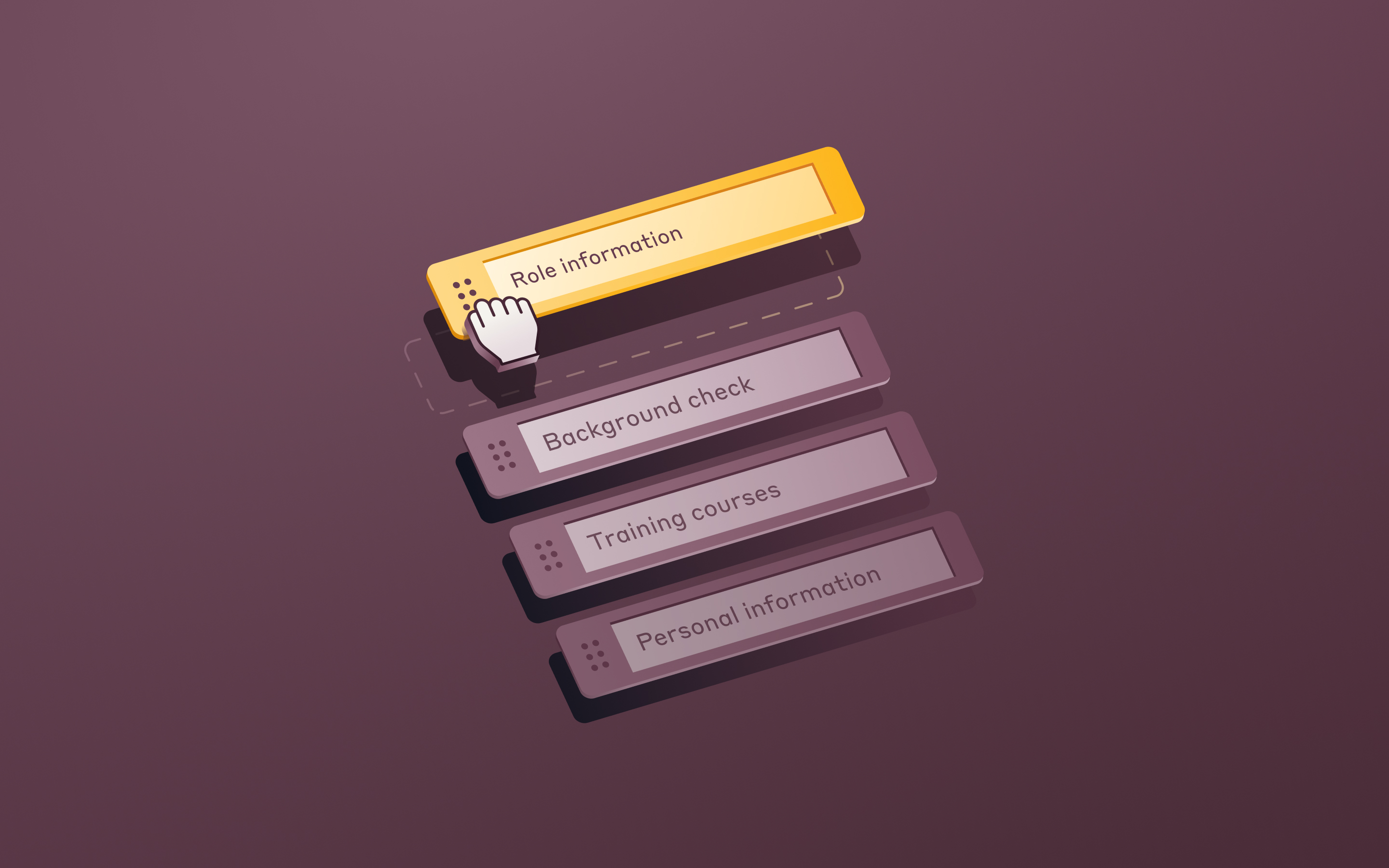How to Pay International Contractors in Germany [2024]
As one of the leading economies in the world, as well as home to a highly educated workforce and vibrant cities like Berlin and Munich, it’s no wonder Germany is a popular choice for employers looking to hire independent contractors internationally. But when it’s time to pay your contractors, what steps do you need to take to comply with German labor laws?
This guide will break down the steps on how to correctly classify contractors, fulfill their invoices, and remain compliant with German labor laws.
Step #1: Classify your workers correctly
The German government takes the task of classifying your workers correctly very seriously; the consequences of misclassification are severe and shouldn’t be taken lightly.
Misclassifying your employees and independent contractors in Germany can result in serious penalties, including:
- Fines of up to 15,000 euros per breach, or up to 10 millions euros if the misclassification was done intentionally in order to evade taxes
- Seizure of profits resulting from the use of misclassified workers
- Back payment of all unpaid taxes and social security contributions for up to 30 years, plus punitive interest
In the event you made a mistake, once your independent contractor has been correctly classified as an employee, they will be entitled to all the rights and benefits afforded full- and part-time employees in Germany. And, as you can see from the above list, the cost of misclassification can be enormous to employers.
So, how do you ensure an independent contractor is correctly classified? Under German law, the main criteria for determining whether a worker is an employee or a contractor are:
- Whether the worker is part of the organization of the company. Things that indicate the worker is part of the organization (and therefore might be an employee rather than a contractor) include having a company email address, using company tools and equipment instead of their own, having fixed working hours, and having a permanent office.
- Whether the worker is subject to the supervision and control of the company. Red flags that might indicate a worker is an employee rather than an independent contractor under this rule include performing similar tasks to regular employees; receiving company benefits; receiving a fixed salary for their work; not having the flexibility to choose when, where, and how they perform their work; not being able to subcontract their work; and/or having an exclusive work arrangement with a single employer.
Step #2: Determine the best way to pay your contractors in Germany
So, you’ve classified your worker correctly as an independent contractor. The next step is deciding exactly how you’re going to pay them. Due to the increasing popularity of remote work, employers now have more choices than ever when deciding how they’re going to handle payments.
Here are a few options you can explore for paying your international contractors:
- Bank wires. You can open a German bank account and directly deposit payments into your German contractors’ accounts. Or, you can send a global wire transfer if you’d rather use a bank account in your home country.
- International money orders. This is the traditional choice for paying independent contractors who don’t live in the same country as their employer. However, its popularity has declined and it’s been eclipsed by newer, safer methods that don’t expose employers to as many scams as international money orders do. Additionally, remember that every time you send an international money order, you’ll have to pay a fee. If you have a lot of contractors, this method could get expensive fast.
- Digital wallets or payment platforms. Digital wallets are great for many reasons, but they often pose problems for paying independent contractors internationally simply because different countries have different digital wallets and payment platforms. It’ll be hard to find a payment platform you can both use.
- Global payroll services. Typically, contractors aren't included in payroll, since they aren't subject to the same withholdings as employees—instead, they invoice for their services, which goes through accounts payable for many companies.
Step #3: Use global payroll software to process payments for German contractors
As you saw in Step #2, there are multiple ways to pay contractors in Germany. But the fastest and simplest way is paying contractors through global payroll software.
With Rippling, you can pay contractors across the world. Here’s a preview of how Rippling’s global payroll system works:

Step #4: Keep accurate records for legal purposes
Good news: The German government doesn’t require you to file complicated tax paperwork for your independent contractors. Self-employed workers are expected to take care of their tax payments on their own.
- undefined
However, you do need to keep accurate records of each contractor’s information and the contract you signed with them so you can prove they’ve been accurately classified should that ever become an issue.
Effortlessly manage contractors around the world
Expanding your international workforce has never been easier. With Rippling, you can pay international contractors in Germany and around the world in one system.
FAQs about paying contractors in Germany
Do you need to withhold taxes when paying contractors in Germany?
No, foreign companies don't have to withhold payroll taxes when paying contractors in Germany. Self-employed individuals are responsible for deducting and paying the appropriate tax to the correct authorities.
Does the German minimum wage apply to independent contractors in Germany?
No, minimum wage laws don't apply to independent contractors in Germany.
Do German contractors get benefits?
No. Germany has strong labor protections in place for employees, but independent contractors do not qualify for the rights and benefits given to workers who are classified as full- or part-time employees.
Can you pay contractors in Germany in your home currency?
Yes, you can. You and your new hire should discuss the currency in which they’ll be paid when you’re negotiating the terms of their contract and put everything in writing.
Can you manually pay contractors in Germany?
Yes, and it's common for small business owners to manually process contractor payments in an attempt to cut costs. But this can be time-consuming, especially as your business grows and if you work with multiple contractors in Germany or across borders.
It's also important to note that manually processing payments comes with some risks:
- Compliance. Running payroll manually means assuming the risk of human error and omission. Protect yourself and your business with Rippling, which automatically enforces compliance with any applicable local laws—no matter where your contractors live.
- Security. Manual payroll processing also poses security risks, especially if you use spreadsheets or paper records. Sensitive contractor information can be lost, stolen, or misused.
- Contractor experience. Manual payments are usually slow and lack transparency regarding payment timelines and exactly what contractors are being paid for. This can be frustrating for contractors trying to understand their income.
How do you turn a contractor into an employee in Germany?
While hiring independent contractors over full-time employees can come with flexibility and financial benefits, sometimes, you do need a full-time employee. The challenge is making sure all the legal requirements are in order: The German bureaucracy and labor laws are extremely complex, and when you take on an employee, you are required to deduct things like social security from their paychecks. Also, you’ll be obligated to start providing benefits to your newly classified employee.
Consider using an EOR like Rippling to help you hire, pay, and manage German employees if you choose not to establish your own entity in Germany.
Rippling and its affiliates do not provide tax, legal or accounting advice. This material has been prepared for informational purposes only, and is not intended to provide, and should not be relied on for, tax, legal, or accounting advice. You should consult your own tax, legal, and accounting advisors before engaging in any related activities or transactions.




